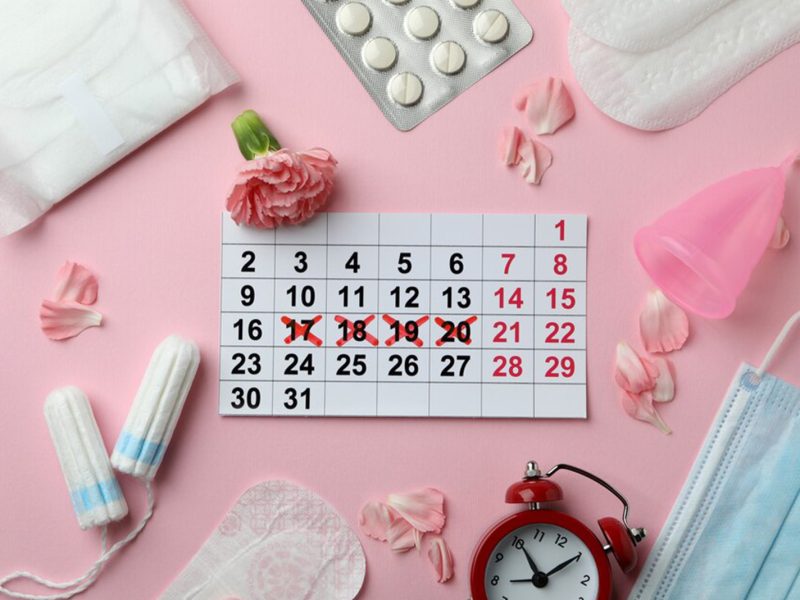
Period Health Guide for Women
Menstruation, commonly known as period, is a natural and necessary part of a woman’s reproductive health. However, it can also be a challenging time for many women, as it comes with a variety of physical and emotional symptoms. In this period health guide, we will discuss some essential tips for women to maintain their menstrual health.
Use the right menstrual products
It’s important to choose the right menstrual products that suit your body and preferences. There are various menstrual products available in the market, including pads, tampons, menstrual cups, and period panties. You should select the product that is comfortable, easy to use, and best fits your lifestyle.
Maintain proper hygiene
During your period, it’s important to maintain proper hygiene to prevent infections. Change your pad or tampon every 4-6 hours or as needed. Wash your hands before and after changing your menstrual products. Also, take a shower or bath daily, and wear clean, breathable underwear.
Eat a balanced diet
Eating a balanced diet rich in nutrients is crucial to maintain overall health, including menstrual health. Include plenty of fruits, vegetables, whole grains, and lean protein in your diet. Also, limit your intake of caffeine, alcohol, and processed foods, which can worsen menstrual symptoms.
Stay active
Regular physical activity can help alleviate menstrual symptoms like cramps, mood swings, and fatigue. You don’t have to do anything strenuous, simple activities like walking, jogging, or yoga can make a significant difference.
Manage stress
Stress can exacerbate menstrual symptoms, so it’s important to find ways to manage it. Practice relaxation techniques like deep breathing, meditation, or yoga. Also, prioritize your sleep and make sure to get 7-8 hours of sleep every night.
Track your period
Tracking your menstrual cycle can help you understand your body and anticipate your period. You can use a period tracking app or mark your calendar to record your period start date, duration, and any symptoms you experience. This information can also help your doctor to identify any menstrual irregularities.
In conclusion, maintaining menstrual health is crucial for a woman’s overall wellbeing. Use the right menstrual products, maintain proper hygiene, eat a balanced diet, stay active, manage stress, and track your period to ensure a healthy and comfortable period. Remember, if you experience severe or unusual menstrual symptoms, consult your doctor for advice.
